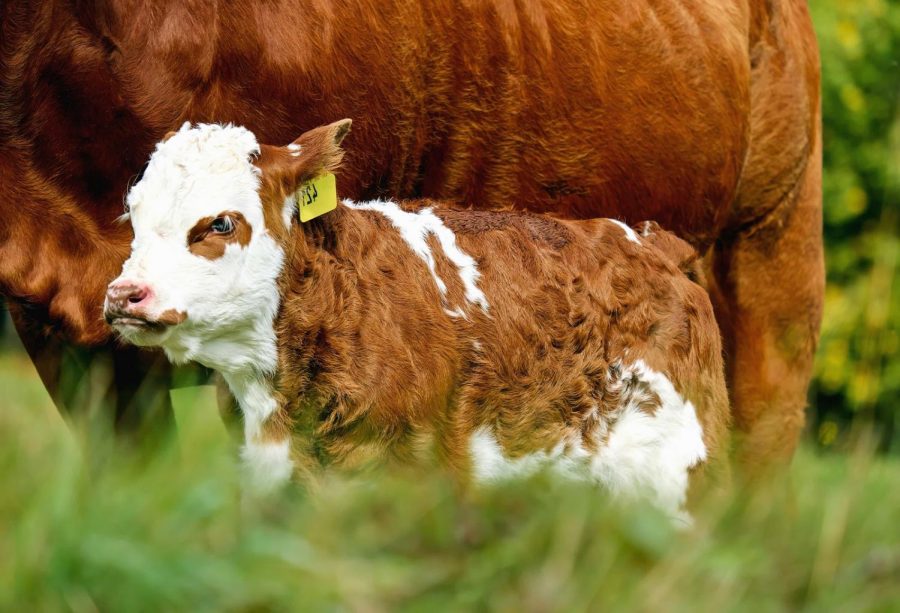Climate Change: The Effect of Animal Agriculture
April 23, 2021
You may have heard environmentalist organizations talk about the negative effects caused from the burning of fossil fuels on the environment. It is commonly known that the transportation and the electricity sectors are big contributors to the emission of greenhouse gases. However, there is another source that also raises some cause for concern—the agriculture sector. In this article, there will be a focus on animal agriculture as opposed to a discussion on the entire sector.
Animal agriculture is defined as the practice of breeding animals for the production of animal products and for recreational purposes. According to the Food and Agriculture Organization of the United Nations, also known as the FAO, “Animal agriculture is the second largest contributor to human-made greenhouse gas emissions after fossil fuels and is a leading contributor to deforestation, water and air pollution, and biodiversity loss.”
When you take into account the amount of livestock needed to feed the world, you also have to consider the impact it has on the earth’s finite land, water, and energy resources. Most emissions result from three things: methane released from animal manure and enteric fermentation, loss of carbon stored in the forests and soils from land-use and degradation, and fossil fuels burned to produce mineral fertilizers for feed production.
This means that about 10 to 14 percent of the global greenhouse gas emissions can be credited to the livestock industry every year.
Even more concerning, agriculture is the largest contributor to global water pollution. According to the Natural Resources Defense Council (NRDC), every time it rains; pesticides, fertilizers, and animal waste from farms and livestock units wash nutrients and pathogens into the waterways. This process falls into the category of “runoff”, a term used by environmentalists and other scientists to describe the draining away of water from the surface of the area of land, a building or structure, etc.
I talked about animal agriculture in a small interview with my mom. Here are my questions and her responses:
What do you know about the negative effects that come from animal agriculture?
“I know that it can be pretty brutal. I’ve seen documentaries about the dairy industry and how some places treat their animals.”
This is true, I have even watched one documentary about the dairy industry with her a couple of years ago. I just think it’s funny and kind of ironic how we can watch documentaries detailing the wrongdoings of an industry and we will forget about it in a few days’ time, especially when it comes to food.
Do you know about any of the negative effects that animal agriculture has on the environment? “I know that some percentage of it contributes to water pollution and that large-scale fishing is bad for ocean animals.”
The second comment she made is really interesting because I did not include that aspect in the article previously, but yes, the harvesting of fish can be harmful to other species of marine life. This concept is known as “overfishing” which is described as the depletion of stock of fish in a body of water by too much fishing.
